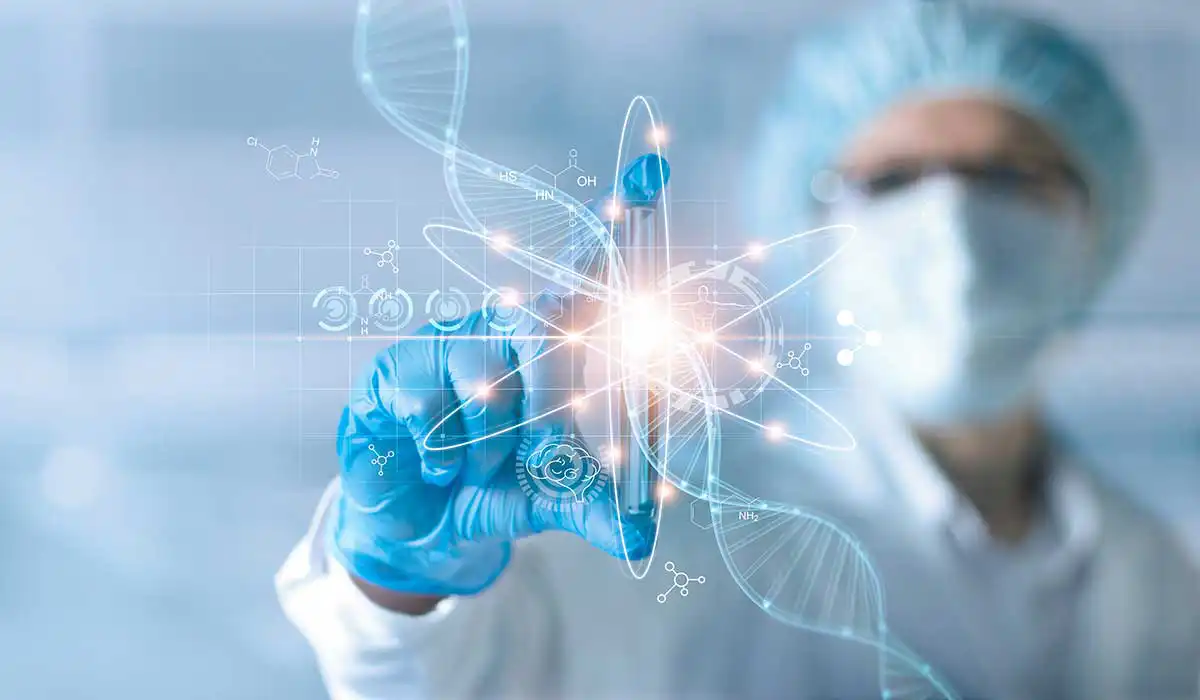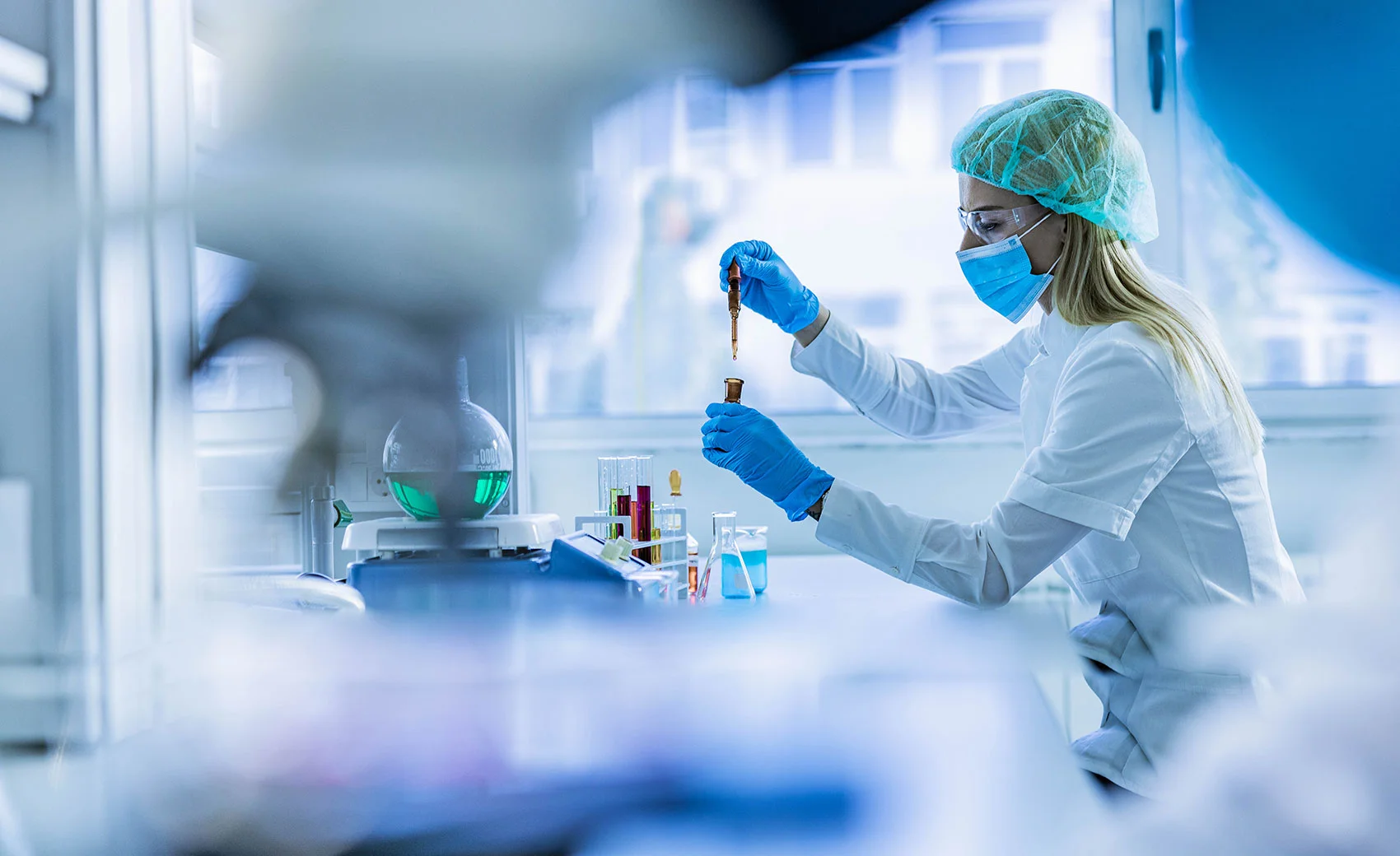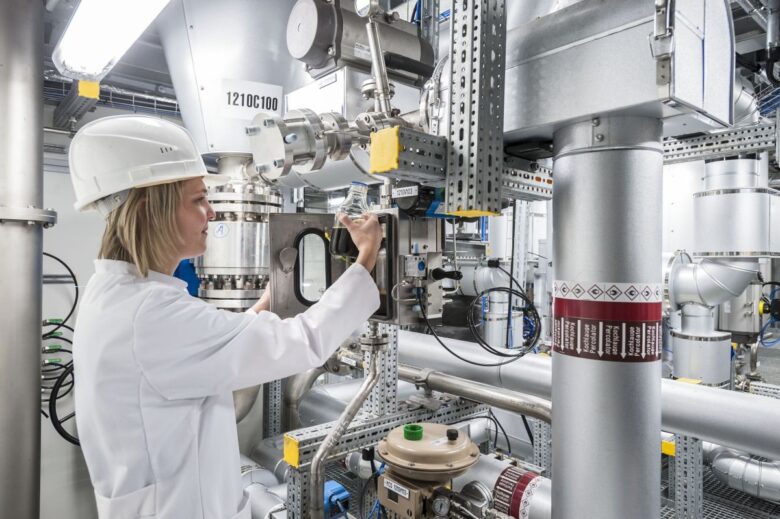Industrial Biotechnology has been steadily gaining attention in recent years due to its potential to revolutionize the way we produce goods and materials. At its core, it involves the use of microorganisms to create and transform products in a sustainable and eco-friendly manner. This innovative field has already made significant strides in various industries, including food and beverage, pharmaceuticals, and energy. As concerns over climate change and environmental degradation continue to rise, the importance of industrial biotechnology cannot be overstated.
In this blog post, we will delve into what industrial biotechnology is, how it works, and its applications across industries. We will also explore the benefits and potential risks of this cutting-edge technology, as well as its future implications. Join us as we explore the exciting world of industrial biotechnology and its role in shaping a sustainable future.
Contents
What is Industrial Biotechnology

Source: bccresearch.com
Industrial biotechnology is a way of using tiny living things like bacteria, fungi, and algae to make useful products. These microorganisms are like tiny factories that can produce things like food, medicine, and even fuel for cars and planes.
Scientists use them to make things in a way that is better for the environment because it uses less energy and creates less waste. It’s kind of like baking a cake – you mix together different ingredients to create something new, but instead of a cake, you’re creating something like biofuels that can help reduce pollution and protect the planet. So, industrial biotechnology is a way of using living things to make stuff that is better for us and the environment!
How does Industrial Biotechnology Work?

Source: rolandberger.com
Have you ever heard of tiny creatures called microorganisms? They’re so small that you can’t see them with your naked eye, but they’re everywhere – in the soil, water, and even in our bodies! And did you know that we can use these tiny creatures to make some amazing things that we use every day, like medicines and food?
Well, that’s where industrial biotechnology comes in. It’s a way of harnessing the power of microorganisms to create products that are better for the environment and can even help save lives! Here’s how it works:
First, scientists choose a specific microorganism that has the ability to produce a certain product, like a medicine or a biofuel. They then grow the microorganism in a special container called a bioreactor, where they can control the temperature, nutrients, and other conditions to help the microorganism grow and produce the product.
Next, the scientists use a process called fermentation to help the microorganism create the product. Fermentation is like cooking, but instead of using heat to change the ingredients, the microorganisms use their own enzymes to transform the raw materials into the desired product. Enzymes are like tiny machines that help the microorganisms break down the raw materials into smaller pieces that can be used to create the final product.
Finally, once the microorganisms have finished producing the product, the scientists extract it from the bioreactor and purify it so that it can be used for its intended purpose.
This process is not only amazing because it uses the power of tiny living things to create things we need, but it’s also better for the environment because it uses less energy and creates less waste than traditional manufacturing methods. So, the next time you take your medicine or fill up your car with biofuel, remember that it’s all thanks to the power of microorganisms and industrial biotechnology!
Industrial Biotechnology in Action

Source: igb.fraunhofer.de
Industrial biotechnology has already made significant strides in various industries, and its applications continue to grow. Here are just a few examples of how this innovative field is being put into action:
- Food and Beverage Industry: Have you ever heard of probiotics? These are living microorganisms that are added to some foods and drinks to promote good gut health. Industrial biotechnology has made it possible to produce these beneficial bacteria on a large scale, making it easier and more cost-effective to add them to a wide range of products.
- Pharmaceutical Industry: Industrial biotechnology is being used to create new medicines and therapies that were once thought impossible. For example, scientists are using genetically modified bacteria to produce insulin for people with diabetes, as well as other life-saving drugs.
- Energy Industry: One of the most exciting applications of industrial biotechnology is in the production of biofuels. Microorganisms like algae and bacteria can be used to create fuels that are renewable and emit fewer greenhouse gases than traditional fossil fuels. This has the potential to significantly reduce our dependence on fossil fuels and help combat climate change.
- Chemical Industry: Industrial biotechnology is also being used to produce chemicals and materials that are more sustainable and eco-friendly. For example, bioplastics made from renewable sources like cornstarch and sugarcane are becoming more common, as are biodegradable cleaning products made from plant-based ingredients.
Bottom Line
As you can see, industrial biotechnology is already making a big impact across a wide range of industries. By harnessing the power of living things, we can create products that are better for the environment and our health. And as scientists continue to develop new techniques and applications, the possibilities for industrial biotechnology are endless!
Frequently Ask Questions
What kind of biotechnology is used in industries?
Pharmaceuticals, enzymes, biofuels, solvents, nutrients, such as vitamins and dietary supplements, and new polymers are some of these.
What function does industrial biotechnology serve?
Enzymes and microbes are used in biotechnological processing to create goods that are beneficial to a variety of industrial sectors, including chemical and pharmaceutical, human and animal nutrition, pulp and paper, textiles, energy, materials, and polymers.
